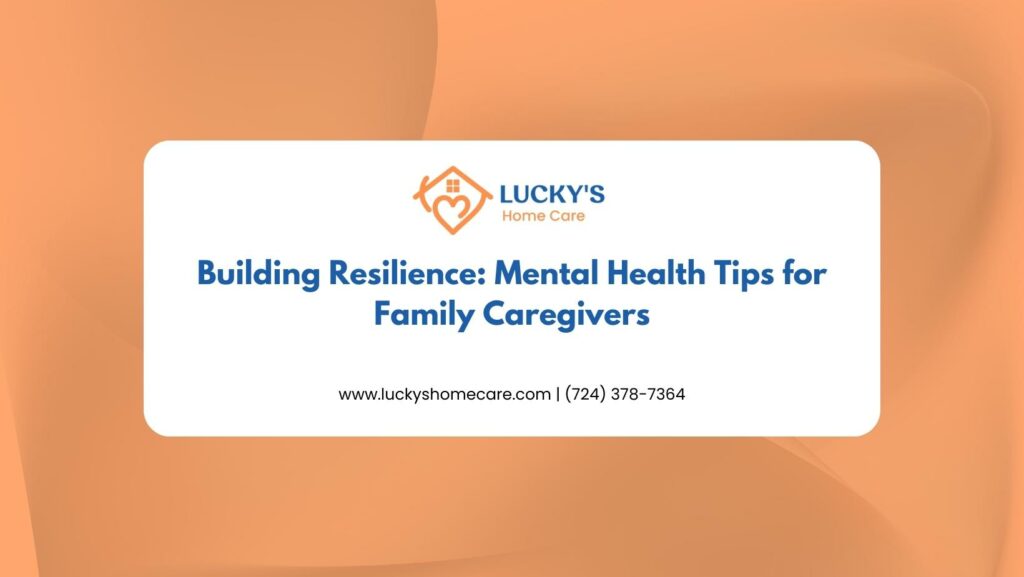
The Unsung Emotional Journey of Caregiving
While the role of caregivers in supporting seniors is undeniable, the emotional and mental toll it can take on them often goes unnoticed. Balancing personal life with caregiving responsibilities can be challenging. Here, we offer Mental Health Tips for Family Caregivers to ensure they remain resilient and emotionally strong.
1. Recognize the Signs of Burnout
Being aware of the signs can help in addressing them early:
- Symptoms: Constant fatigue, irritability, feelings of hopelessness, or even physical ailments.
- Tip: When these signs manifest, it’s crucial to take a step back and assess one’s well-being.
2. Prioritize Self-care
Caring for oneself isn’t selfish; it’s essential:
- Tip: Dedicate time for activities you love, be it reading, meditating, or simply taking a leisurely walk.
3. Set Boundaries
It’s essential to have limits:
- Tip: Clearly define your caregiving responsibilities and ensure you have personal time. Don’t hesitate to say no when necessary.
4. Seek Support
You don’t have to go through the journey alone:
- Tip: Join caregiver support groups, attend workshops, or simply lean on friends and family for emotional support.
5. Stay Educated
Knowledge is empowering:
- Tip: Familiarize yourself with the specifics of the senior’s condition. Organizations like Lucky’s Home Care offer resources and training that can be invaluable.
6. Embrace Technology
Modern tools can alleviate some caregiving burdens:
- Tip: Use apps for medication reminders, online platforms for support, or telehealth services for consultations.
In Conclusion
While the journey of caregiving is filled with challenges, it’s also laden with moments of joy, fulfillment, and deep connection. By embracing these Mental Health Tips for Family Caregivers, one can navigate this path with resilience, ensuring both they and their loved ones thrive.
